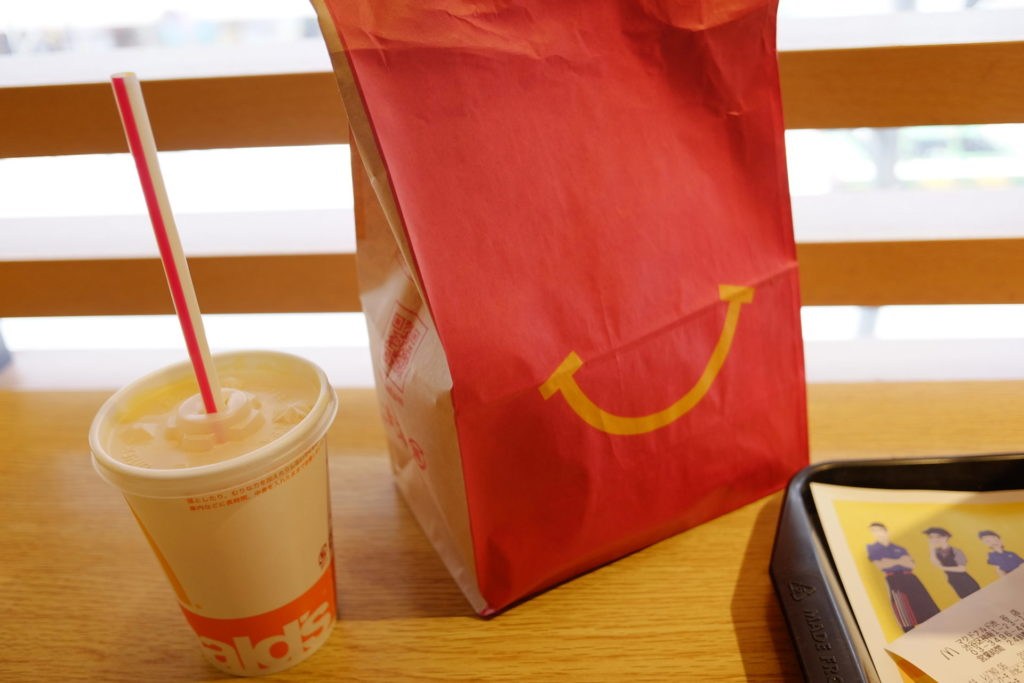Fast food restaurants in France are switching to reusable tableware this year. In Belgium, too, people are thinking in that direction, although the Belgians are not that far yet.
From this month, if you go to McDonald's in France, your fries will be served to you in a reusable plastic container. This is because, with the arrival of the new year, France will no longer have disposable items in restaurants and fast food chains after taking a new step towards a more circular economy.
While it may be better for the environment, reusable tableware provides a lot of extra work for fast-food chains: additional staff need to be hired, and chains have to install dishwashers to clean the crockery. Not participating also costs money: a fine of €7,500. However, as compliance takes time, chains were given three years to make the switch.
In France, the anti-waste law came into force in 2019, with environmentalists calling the now-introduced French model revolutionary. The measure is expected to reduce waste by almost 100,000 tonnes. Now, the sector produces around 220,000 tonnes of disposable packaging per year in France alone.
More data needed in Belgium
In 2022, reusable tableware was already tested in 20 McDonald's restaurants and was well received by consumers. Environmental organisations have already indicated that they will monitor the change to see how sustainable it actually is.
In some other countries, McDonald's restaurants are also currently testing reusable packaging, Isabelle Verdeyen of McDonald's Belgium told De Morgen. Internally, the Belgian branches are looking at whether a pilot project can also be started here. "Currently, more data is needed to demonstrate that the customer accepts reusable solutions, what their environmental impact is and how effective they are in practice."
At the federal level, Environment Minister Zakia Khattabi is also working on reducing waste and launched a new proposal to move away from single-use plastics in November. She also wants to increase the recycled content of certain products. These plans are still being discussed with the sector and have not yet been approved by the government. The proposed measures would be introduced by 2024.
This concerns, for example, the removal of hard plastic boxes on the market for single-use on-site or for takeaway. Cardboard cups with plastic coating – which are still available at McDonald's – will also be banned, if Khattabi gets her way.
Related News
- Belgium seeking to ban non-reusable packaging in fast food chains
- Consumer organisations raise concern over silicone baking moulds
However, this proposal is not entirely the same as the legislation the French have adopted. "Our proposal only targets the single-use plastic cups, trays and cutlery, regardless of whether they are used for consumption on-site or for takeaway," the minister's spokesperson told De Morgen.
The Royal Decree of the Belgian Ministry of the Environment also seeks to ban paper and cardboard packaging containing perfluoroalkyl and polyfluoroalkyl substances (PFASs), a large class of thousands of synthetic chemicals that are widely used throughout society. If cardboard packaging for fries and hamburgers contains PFASs, they will be removed, Khattabi's spokesperson added.
Research by eight European environmental organisations from 2021 showed that a lot of disposable food packaging in Europe contains PFASs. One in three disposable bags and trays has been processed with these harmful substances, including containers from Dunkin' Donuts and the paper wrappers for burgers and the McDonald's fries trays.

